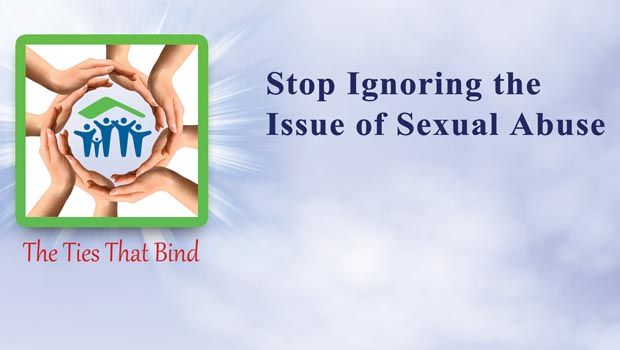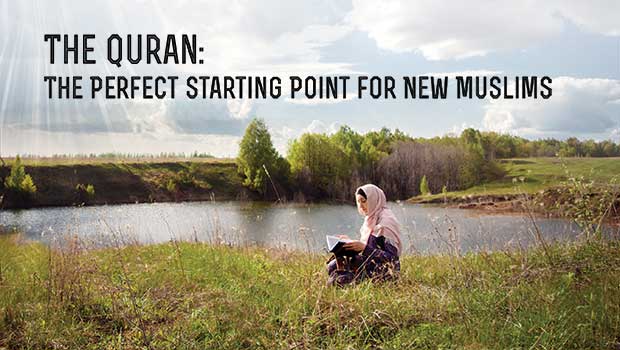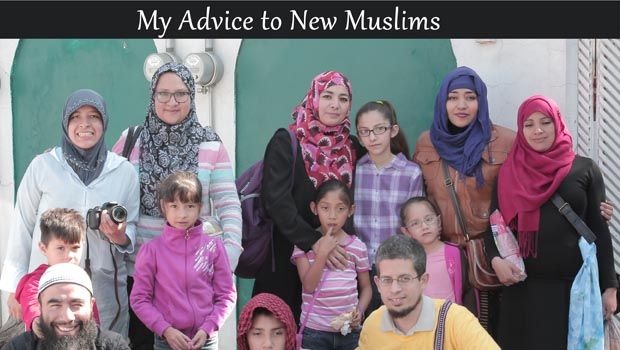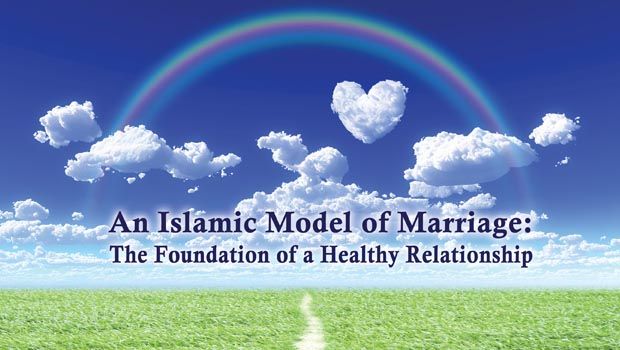She looked at herself in the mirror with tears streaming down her face. She could no longer keep it inside and felt that she had to tell her mother today. But, would her mother even believe her that her uncle had been touching her in places that no one should be touching? This was her mother’s brother. How would her mother react when she hears that it had been going on for a few weeks, ever since her uncle had moved in with them? He had warned her not to say a word, and that it was all her fault anyway that this was happening. She was 13 and afraid, but knew she had to tell her mother or it would never stop. If it didn’t stop, she didn’t know what she was going to do. The thought of it was unbearable. She wiped her tears and opened the door, ready to talk to her mother, but who did she find waiting for her when she opened the door? Her uncle…
According to the National Institute of Justice Report, three out of four adolescents who have been sexually assaulted were victimized by someone they knew well
Sexual abuse is a more common phenomenon in the Muslim community than we would ever care to believe, yet we do not face it head on as we should. It is a topic that people ignore and when it is brought up, heads begin shaking, as if to say “Shh! There’s no need to talk about that…Muslims don’t do that.” Yes, it is considered taboo, but the very fact that we won’t talk about this dire issue allows abuse to persist. Young girls and boys are afraid to tell anyone when it happens to them, and parents are reluctant to teach their children about boundaries, gently yet directly letting their children know that no one has the right to touch their private parts, or touch them in any way that makes them uncomfortable. If a child is not equipped with that knowledge, when an incident occurs, he or she suffers in the agony of silence and shame. And if the abuse is suspected or found out, it is too often ignored or hushed up, particularly if the abuser is considered religious or is a respected family member. This is a terrible betrayal of the child.
Victimized by Someone They Knew
According to statistics by the Crimes Against Children Research Center, 1 in 5 girls and 1 in 20 boys are victims of sexual abuse. These numbers are believed to be lower than the actual number of cases since most sexual abuse of children goes unreported. And when we think of sexual abuse, we may automatically think of a stranger as being the perpetrator of these acts, but this is not usually the case. According to the National Institute of Justice Report, three out of four adolescents who have been sexually assaulted were victimized by someone they knew well. The same is the case for younger children.
It is just not enough to teach children about “stranger danger” since the person more likely to sexually abuse a child is one who has easy access to him or her and earns the child’s trust, like a family member, teacher, religious figure, or family friend. The emotional and psychological consequences of this betrayal, from both the abuser and those who cover it up, are catastrophic. If we don’t do something as a community to tackle this issue, we are responsible for acquiescing to, and enabling, this abuse and betrayal.
A Campaign to Raise Awareness About Sexual Abuse
We, as community members, must raise awareness about this shattering issue. Families and communities are broken apart when sexual abuse occurs. But our children are precious, and shame and fear must not win out over doing what is right. The worry about life being disrupted, or the ruinous consequences for the perpetrator, if he or she is within the family or community circle, must not be stronger than the fear of a child being set up for lifelong pain and misery.
We must clearly convey this message about sexual abuse in workshops, Islamic schools, and masaajid so that people are informed and equipped with the tools on how to appropriately handle such a situation. Community leaders and imams must be at the forefront of this campaign to raise awareness by organizing or supporting workshops and events on this topic. The community can invite Muslim mental health professionals to provide informative lectures on sexual abuse. The future of the ummah depends on our willingness to face all issues, however challenging or ugly. We must show ourselves to be among those who stand up for justice, even if against ourselves or our inner circle, and especially for the protection and defense of our children. We must be silent no more.






